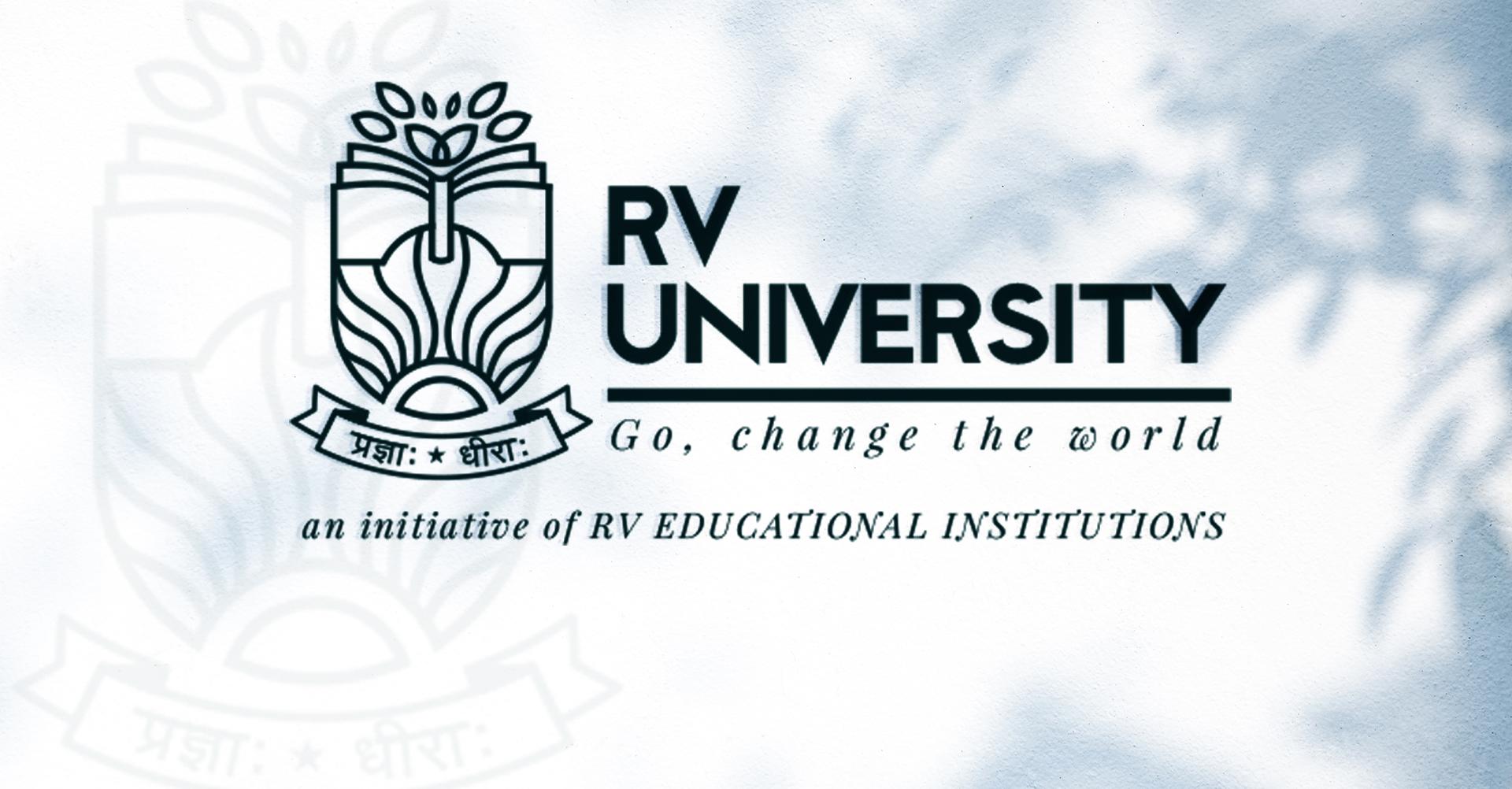Quantum computing has emerged as a revolutionary advancement in the field of computer science, presenting new possibilities and challenges for B Tech (Bachelor of Technology) students specializing in computer science. This cutting-edge technology harnesses the principles of quantum mechanics to process information in ways that traditional computers cannot. In this article, we will explore the emergence of quantum computing and its implications for B Tech courses in computer science.
Quantum computing is built on the principles of quantum mechanics, which govern the behavior of particles at the atomic and subatomic level. Unlike classical computers that use bits (represented as 0s and 1s), quantum computers utilize quantum bits or qubits. Qubits can exist in multiple states simultaneously, thanks to a phenomenon called superposition. This unique property enables quantum computers to perform complex computations in parallel, potentially leading to exponential speedup compared to classical computers.
One of the most significant applications of quantum computing is solving problems that are computationally infeasible for classical computers. For example, prime factorization, which is crucial for modern encryption algorithms, is a time-consuming task for classical computers but can be exponentially faster on quantum computers using Shor's algorithm. B Tech students specializing in computer science will have the opportunity to explore these groundbreaking algorithms and understand how they can disrupt fields like cryptography and cybersecurity.
Furthermore, quantum computing has the potential to accelerate scientific research and simulations. Quantum simulators can model complex molecular interactions, enabling researchers to develop new materials, optimize chemical processes, and contribute to advancements in drug discovery. B Tech students with a background in computer science can explore quantum algorithms and computational simulations to contribute to these transformative areas of research.
Quantum computing also poses unique challenges and considerations. Quantum systems are highly susceptible to noise and decoherence, which can disrupt the fragile quantum states and lead to errors in computations. Error correction techniques, quantum error correction codes, and fault-tolerant quantum computing are critical areas of study for B Tech students pursuing quantum computing specialization within computer science. Understanding the trade-offs between qubit reliability, error correction overhead, and computational power will be key in developing robust quantum computing systems.
As the field of quantum computing continues to evolve, B Tech course computer science need to adapt to incorporate quantum computing principles and technologies. Universities and educational institutions are increasingly offering specialized courses and research opportunities in quantum computing to cater to the growing demand for skilled professionals in this field. B Tech students can gain hands-on experience with quantum programming languages such as Qiskit, Cirq, or Q# to develop quantum algorithms and run experiments on quantum simulators or actual quantum hardware.
Moreover, interdisciplinary collaboration becomes crucial in the field of quantum computing. B Tech students studying computer science can benefit from collaborating with physicists, mathematicians, and engineers to develop comprehensive solutions and tackle the multifaceted challenges associated with quantum computing. These collaborations can foster innovation and contribute to the development of practical applications that harness the power of quantum computing.
In conclusion, the emergence of quantum computing has opened up new horizons in computer science, offering B Tech students specializing in computer science an exciting opportunity to explore this groundbreaking technology. Quantum computing has the potential to revolutionize various fields, including cryptography, scientific research, and optimization problems. However, it also poses unique challenges, such as error correction and decoherence. By incorporating quantum computing principles and technologies into B Tech courses, universities can equip students with the skills and knowledge needed to navigate this transformative field and contribute to its further development. B Tech students, with their strong foundation in computer science, can play a pivotal role in shaping the future of quantum computing and unlocking its vast potential.
